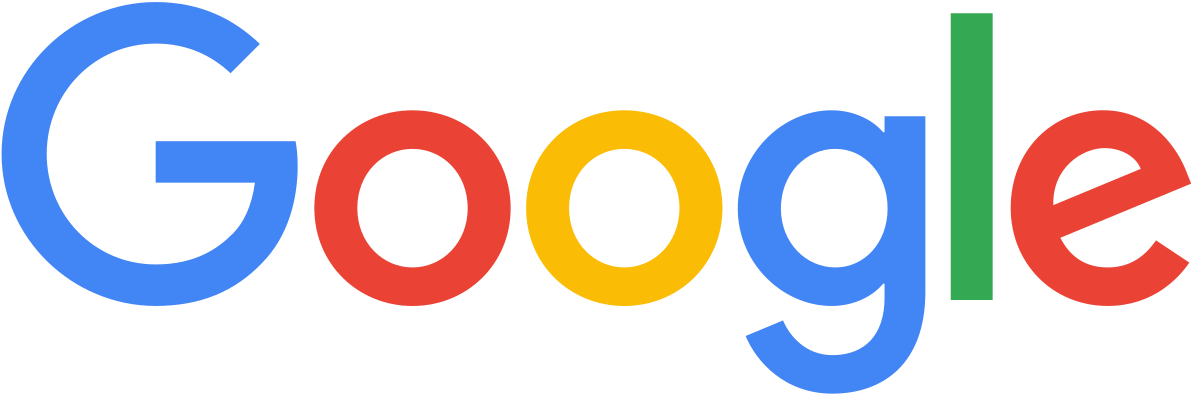
The Future of SEO in 2026: AI & Voice Search
How ChatGPT and Gemini are changing the way brands rank on search engines.
Read ArticleStop guessing. From AI-powered SEO to performance ads and marketplace growth, we build systems that convert.
 Partner
Partner
 Expert
Expert








Revenue Generated
Ad Spend Managed
Client Retention
We don't just execute; we take ownership. Here is why 200+ founders choose us as their growth partner.
No guesswork. Every campaign starts with deep market analysis and data-backed planning.
We track every ₹ spent. If it doesn't bring profit or growth, we optimize or cut it.
No secret metrics. You get 24/7 access to live dashboards and ad accounts.
We build marketing engines designed to handle 10x traffic without breaking.



Data-driven services tailored to your business goals.
We don’t post for likes — we post for impact.
Your website is your best salesperson.
Dominate Amazon, Flipkart & Myntra.
Win the 10-minute delivery game.
Rank on Google, ChatGPT & Gemini.
Every rupee spent must return more.
We don't just provide services; we understand your market. Delivering tailored strategies across diverse sectors.
We help you set up and personalize your store on top platforms.
We follow a proven, data-backed approach to ensure consistent results for our clients. No shortcuts, just solid execution.
Start Your JourneyDeep dive into your current presence, competitors, and market opportunities.
Fixing foundations, setting up tracking, and optimizing your platforms for conversion.
Rolling out targeted ads and engaging content across chosen channels.
Analyzing performance data to double down on what's generating the best ROI.
We are a team of data-obsessed marketers, developers, and strategists. We don't believe in "one size fits all." Every brand is unique, and so is our approach.
Founded in Ludhiana, we have scaled brands globally by combining creativity with technical expertise.
Transparency
Support
designed to scale with your business needs.
We build tailored strategies specifically for Indian Businesses with unique needs.
Proof over promises.
Increase in Leads
Marketplace ROAS
Organic Rankings
Everything you need to know about working with us.
Expert tips on SEO, Social Media, and E-commerce scaling.

How ChatGPT and Gemini are changing the way brands rank on search engines.
Read Article
Why short-form video content is the #1 driver of organic reach today.
Read Article
Key strategies for CRO, upsizing AOV, and retaining customers.
Read Article